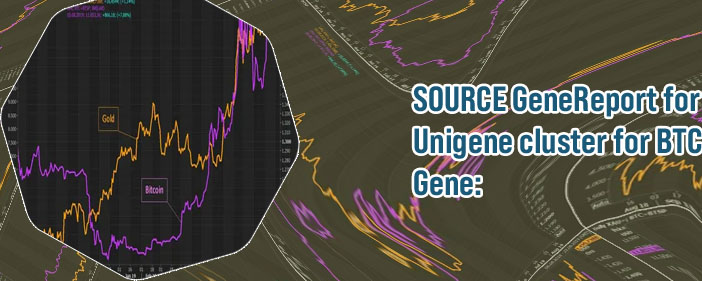Are you curious about what BTC stands for? Look no further! Below, you'll find a list of two articles that will help answer your question and provide you with a better understanding of the term.
Breaking Down the Meaning of BTC: What Does It Stand For?
Bitcoin, also known as BTC, is a digital currency that has taken the world by storm in recent years. But what does BTC actually stand for? In this article, we will break down the meaning of BTC and explore its significance in the world of finance and technology.
BTC stands for Bitcoin, which is a decentralized digital currency that was created in 2009 by an unknown person or group of people using the pseudonym Satoshi Nakamoto. Bitcoin is often referred to as a cryptocurrency, as it uses cryptography to secure transactions, control the creation of new units, and verify the transfer of assets.
Bitcoin has gained popularity as a form of digital payment and investment due to its decentralized nature and limited supply. Unlike traditional currencies, which are controlled by central banks, Bitcoin operates on a peer-to-peer network that allows users to send and receive payments without the need for a third party.
In addition to being used as a digital currency, Bitcoin has also been hailed as a store of value and a hedge against inflation. Many investors see Bitcoin as a safe haven asset that can protect their wealth in times of economic uncertainty.
Overall, BTC has revolutionized the way we think about money and has the potential to reshape the global financial system in the years to come.
The History and Significance of BTC in the World of Cryptocurrency
Bitcoin (BTC), the first decentralized cryptocurrency, was created in 2009 by an unknown person or group of people using the pseudonym Satoshi Nakamoto. Since its inception, BTC has revolutionized the world of finance and technology, paving the way for a new era of digital transactions.
One of the key aspects that sets BTC apart from traditional currencies is its decentralized nature. This means that there is no central authority, such as a government or financial institution, that controls the supply and distribution of BTC. Instead, transactions are verified by network nodes through cryptography and recorded on a public ledger called a blockchain.
BTC has gained significant popularity and acceptance over the years, with many businesses and individuals now using it as a form of payment. Its limited supply of 21 million coins has also contributed to its value, making it a popular choice for investors looking to diversify their portfolios.
The significance of BTC in the world of cryptocurrency cannot be understated. It has paved the way for the development of thousands of other cryptocurrencies, each with its own unique features and use cases. As the first and most well-known cryptocurrency, BTC continues to serve as a benchmark for the entire industry.



